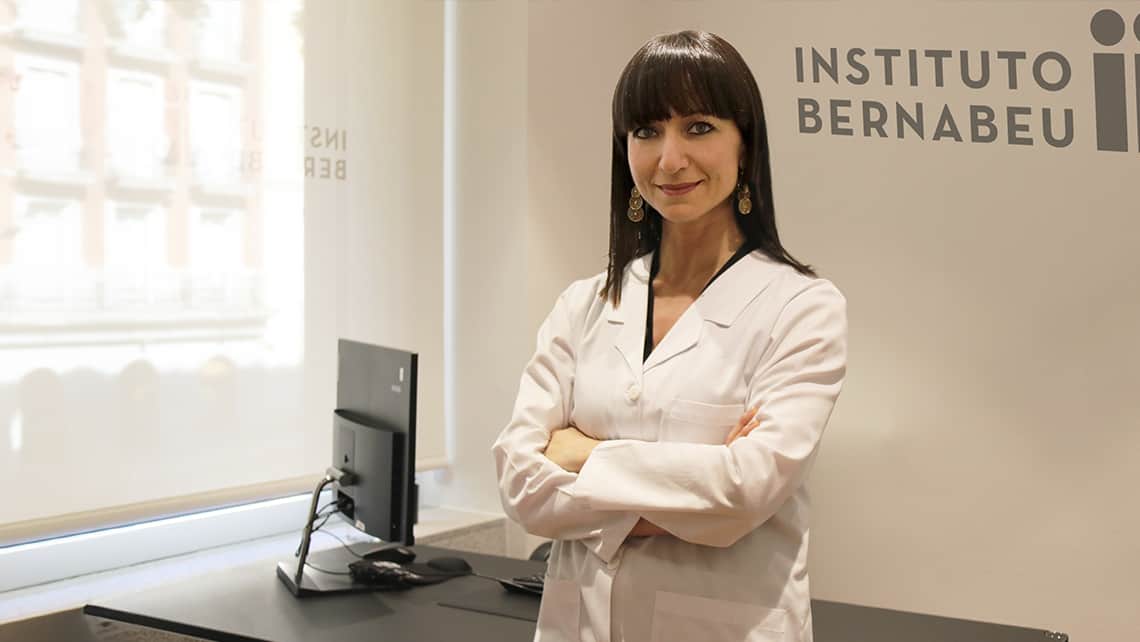The number of women who decide to become single mothers increase by 36% in the last 4 years.
April, 9th 2024

- This option now accounts for 8.8% of all assisted reproduction treatments carried out in Spain.
- Between 2019 and 2023, the number of information requests related to single motherhood has increased by 62%.
- Most women who become single mothers do so with eggs donated by fertile women.
New family models have gained attention in recent years, reflecting the diversity and evolution of human relationships. In this context, single mothers and women who choose to have children alone play a key role in the redefinition of family structures. According to the latest data from the Spanish Fertility Society (SEF in Spanish), this options now accounts for 8.8% of assisted reproduction treatments carried out in Spain. At Instituto Bernabeu, the number of women who have accessed assisted reproduction treatments in the last four years with the aim of becoming single mothers has increased by 36%, according to data collected in 2023. Likewise, between 2019 and 2023, the number of information requests related to single motherhood has increased by 62%.
“This phenomenon reflects the women’s increasing demand to become single mothers by choice and seek alternatives to achieve their desire to have children of their own,” explained Dr Rosa María Daurelio, gynaecologist specialised in assisted reproduction at Instituto Bernabeu.
Most women who become single mothers, especially older women or women with low ovarian reserve, do so through egg and sperm donation. There are also younger women without a partner who undergo fertility treatment with their own oocytes and donor sperm. In the case of same-sex couples, there is the possibility for a woman to donate oocytes fertilised with donor sperm to her female partner for gestation, known as the ROPA method.
Sperm donation in Spain is an anonymous, voluntary and altruistic act. Instituto Bernabeu has one of the first sperm banks in Spain, which stores the sperm from the different donors who, every year, decide to help other couples or, as in this case, single women, to achieve their goal of conceiving. The donors undergo an exhaustive clinical control that allows them to check their sperm quality and the detection of more than 600 autosomal recessive diseases, as well as the study of 2,306 genes linked to more than 3,000 hereditary diseases.
Embryo Adoption
“Another very valid option for women without a partner is the adoption of an embryo,” Dr Daurelio pointed out. These embryos usually come from oocyte donation or double donation previous cycles in which couples who have achieved one or more pregnancies decide to donate the rest of their cryopreserved embryos to other patients.
“This type of treatment is less expensive and requires very simple preparation for embryo transfer. However, a personalised study is essential to indicate the most appropriate fertility treatment for the patient,” according to Dr Rosa María Daurelio.
